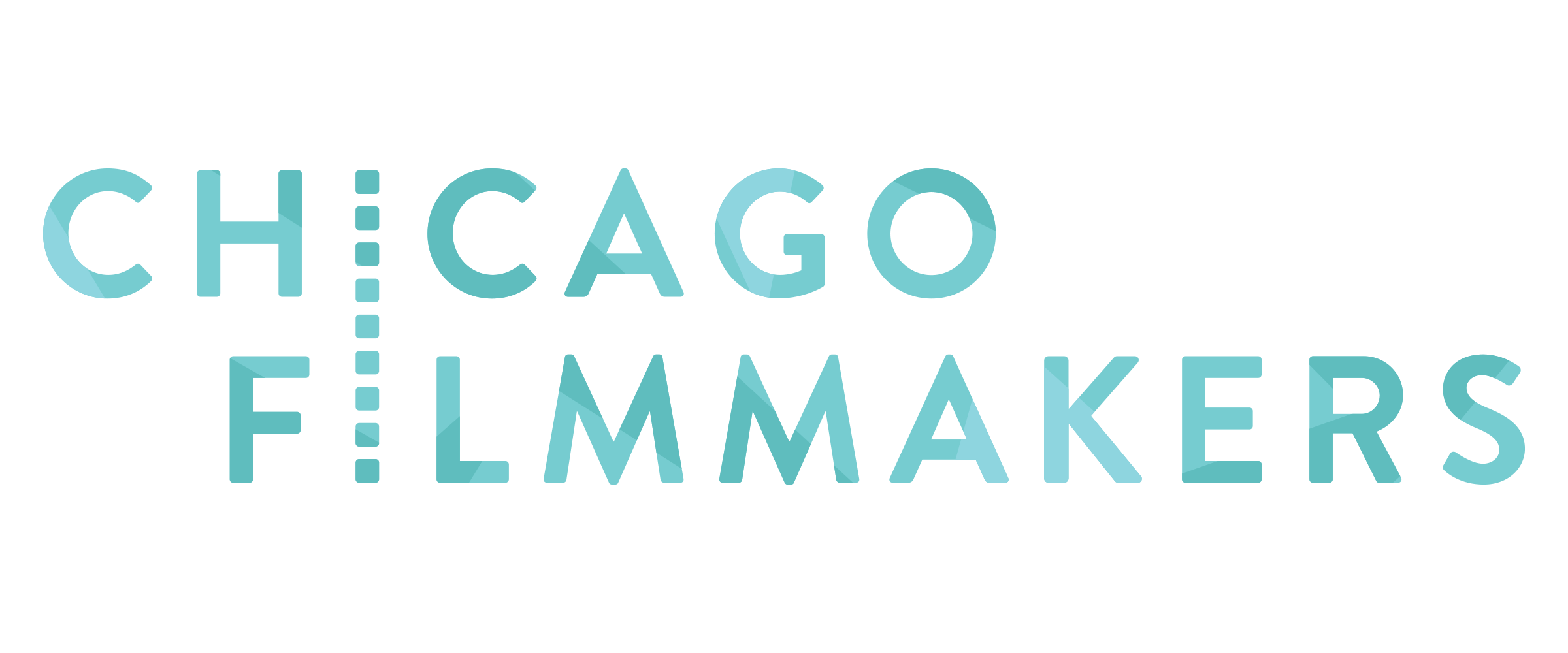INTERVIEW WITH BILL BAYKAN | 4/28/2023
BILL BAYKAN has been a film faculty member at college/university level for fourteen years, including five years as Film Department Chair and Assistant Dept. Chair. Prior to teaching, he worked in post-production at Harpo Studios, Big Idea Productions, Superior Street Post, MDP Worldwide and HBO in Los Angeles. He is a graduate of UCLA's Film and TV Production program, and has a master's degree from the University of Chicago in Social Science. Bill is also the latest addition to our team of instructors at Chicago Filmmakers, teaching THE POST PRODUCTION PRODUCER: From Edit to Distribution.
CF: What is the lesson you learned the hard way that you wish somebody told you about post-production or that you wish you were taught earlier?
BB: The editing stage really is the final draft of the script. It is what makes filmmaking unique. The post production process supports that. It's a terrific blend of creativity, story-telling, and project/resource management.
CF: What are some of the pain points of post-production from camera to distribution and how does the Post Producer help keep things on track?
BB: There are competing demands from so many different areas: the director, the producer, the editor, the vendors, the marketing team, the distributors. Each has their own agenda and timeline. It is the job of the Post Producer to coordinate all of those demands and push the project forward, with creativity and efficiency.
CF: What got you interested in post-production? What movies or editors influenced your filmmaking practice?
BB: Francis Coppola and Martin Scorcese and Spielberg were all big names when I was young, so they would be some of the formative filmmakers. So by extension, Thelma Schoonmaker and Michael Kahn were the editors that influenced my early love of films -- but I did not know their names until much later. In most cases, that's the lot of the editor. Editors have really pushed the limits of the medium in the last couple of decades; "Everything Everywhere All at Once," is a recent example. Even Instagram and Tik Tok videos have developed their own editing style, much like how music videos influenced film editing. I like to think that with a curious mind, we can learn something valuable from each.
CF: What is the work you've been most passionate about?
BB: I started an education documentary, "The Public School Wars," years ago that I have yet to complete. It examines several important topics and I am passionate about education and learning. I shot over 35 interviews and traveled coast to coast, but came to realize I did not have a traditional narrative storyline or main character to follow. I plan to revisit the project from a more interactive angle, where viewers can choose their own path. It will necessitate shooting some additional footage and interviews, building motion graphics and recording narration. Unfortunately, many of the problems the film addresses are still with us or have gotten worse, so it remains relevant.
For more on Chicago Filmmakers’ classes, visit: https://chicagofilmmakers.org/adult-filmmaking-classes

